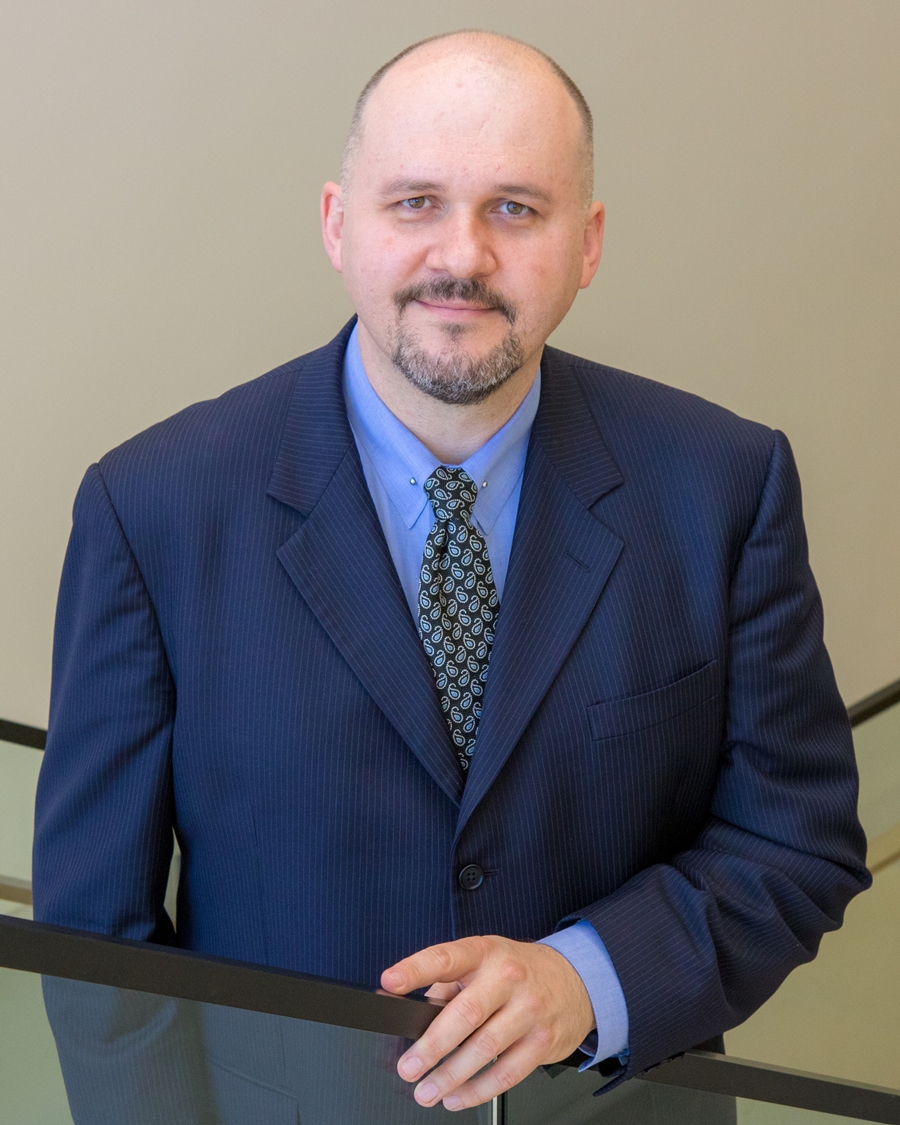FAYETTEVILLE, Ark. – Well-connected chief financial officers obtain loans for their companies with more favorable terms and conditions as compared to those who have less “social capital,” according to a new study by a University of Arkansas researcher and colleagues.
“CFOs are the most important decision-makers on the borrower side,” said Tomas Jandik, finance professor in the Sam M. Walton College of Business. “These folks are responsible for negotiating loans on behalf of their employer. We found that those CFOs who have higher social capital – as assessed by their connectedness among all business professionals – are deemed more trustworthy, influential and powerful. This connectedness helped them achieve better contractual outcomes for their firms.”
Jandik and colleagues Kathy Fogel, a private economist, and William McCumber, finance professor at Louisiana Tech University, used BoardEx, a database of biographical information about corporate board members and senior executives, to track social links based on shared experiences like work and education to determine the social connectedness of leaders within a network of more than 400,000 individuals at public and private U.S. companies.
They found that social connectedness affected the outcome of loan negotiations and influenced better contract terms, after accounting for variables in personal characteristics, such as the quality of education or work experience.
Firms with CFOs in the 90th percentile of social connectedness received a 24-percent reduction in loan spread compared to a firm whose CFO was in the 10th percentile. Spread refers to a percentage rate on a loan offered by an entity above the established base interest rate and is calculated based on risk factors of the borrower and other variables.
Compared to firms with relatively unconnected CFOs, firms with well-connected CFOs were also much less likely to have a high number of covenant restrictions — performance requirements — in their debt contracts.
The study will be published in the October issue of Journal of Corporate Finance and is available online.
This research was supported by the University of Arkansas High Performance Computing Center.
Jandik holds the Dillard’s Chair in Corporate Finance.
About the University of Arkansas: The University of Arkansas provides an internationally competitive education for undergraduate and graduate students in more than 200 academic programs. The university contributes new knowledge, economic development, basic and applied research, and creative activity while also providing service to academic and professional disciplines. The Carnegie Foundation classifies the University of Arkansas among only 2 percent of universities in America that have the highest level of research activity. U.S. News & World Report ranks the University of Arkansas among its top American public research universities. Founded in 1871, the University of Arkansas comprises 10 colleges and schools and maintains a low student-to-faculty ratio that promotes personal attention and close mentoring.
Topics
Contacts
Thomas Jandik, Professor, Finance
Sam M. Walton College of Business
479-575-6147,
Matt McGowan, science and research communications officer
University Relations
479-575-4246,
